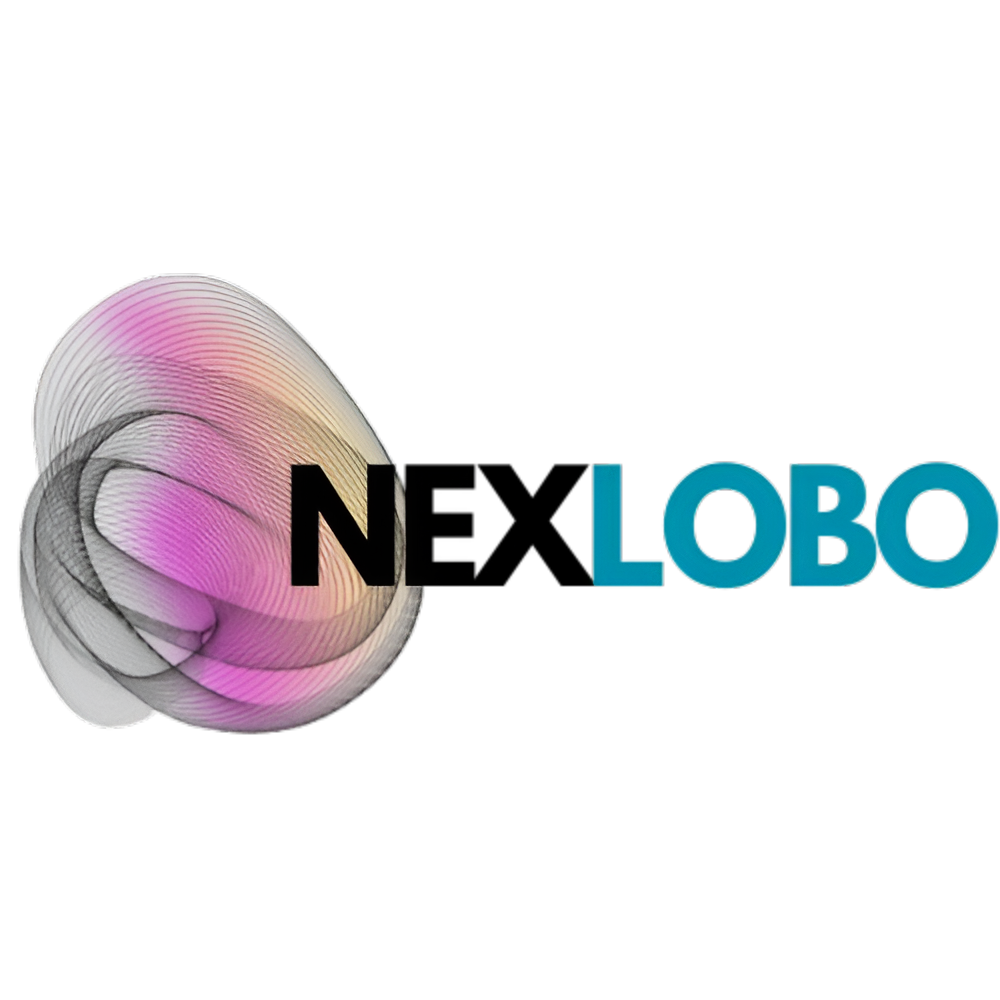Boost Your Cybersecurity: The AI Approach to Better Data Encryption

Introduction: The Rising Importance of Data Encryption in Cybersecurity
As cyber threats continue to evolve, so must our methods of protecting sensitive information. One of the most vital elements of cybersecurity today is better data encryption. It is the backbone of online security, safeguarding personal, financial, and business data from unauthorized access. I remember my early years in the tech industry when I witnessed firsthand the devastating effects of insufficient encryption systems. Many organizations suffered catastrophic data breaches, which exposed clients to major risks. That experience reinforced how crucial better data encryption truly is.
In recent years, integrating Artificial Intelligence (AI) tools into data encryption has proven to be a game-changer in fortifying cybersecurity systems. As we rely more on digital platforms, better data encryption becomes even more critical. With the evolving complexity of cyber threats, AI-powered encryption technologies help us stay ahead of cybercriminals and ensure that our sensitive information remains secure. From my personal experience, AI tools have remarkably improved encryption standards across the board.
But what does it truly mean to leverage AI for better data encryption? How can AI tools improve your encryption strategy in 2025? In this article, we’ll dive deep into how AI technologies integrate with encryption systems to create more robust, scalable, and efficient data protection mechanisms.
If you’re interested in exploring how AI is being used in real-time cybersecurity threat detection, feel free to check out How to Use AI to Detect Cybersecurity Threats in Real-Time.
Why Data Encryption is Essential for Cybersecurity in 2025
Before diving into AI’s role in better data encryption, it’s important to understand why encryption itself is paramount. In today’s world, where data breaches, cyberattacks, and identity theft are on the rise, better data encryption remains one of the most reliable ways to protect sensitive information.
Encryption ensures that even if cybercriminals intercept data, they cannot read or use it without the decryption key. This level of security is vital for businesses and individuals alike. In my own experience, implementing strong encryption protocols has saved businesses from significant financial and reputational damage caused by data breaches. Without better data encryption, critical business data, financial records, and client information are at risk.
However, as cyberattacks grow more sophisticated, traditional encryption methods no longer suffice. This is where AI steps in, offering innovative solutions to improve better data encryption and create even more effective protection strategies.
How to Leverage AI for Better Data Encryption: Key Benefits
AI and machine learning algorithms have transformed industries across the board, and cybersecurity is no exception. By incorporating AI into better data encryption systems, organizations can achieve the following benefits:
Advanced Threat Detection: AI-powered tools can analyze encryption patterns and identify vulnerabilities in real-time. This ability to detect and prevent attacks before they even occur is critical. I remember the days when we had to manually monitor encryption systems, but AI has made this process seamless and incredibly effective in providing better data encryption.
Dynamic Encryption Algorithms: AI allows for the generation and adaptation of encryption keys based on user behavior and attack patterns. With traditional encryption, the same key remains in use until it is manually updated. AI, however, introduces dynamic encryption that changes based on real-time data, making better data encryption harder to crack.
Automated Encryption Management: Managing encryption keys manually can be tedious and prone to error. AI tools can automate key management, ensuring that keys are rotated and updated regularly. When I first integrated AI into a cybersecurity system, the improvement in key management was noticeable, and the system’s overall security was significantly enhanced, contributing to better data encryption.
How to Implement AI-Powered Encryption Tools for Better Data Protection
Integrating AI into your encryption infrastructure may seem challenging, but with the right approach, it can be both seamless and beneficial. Here’s how you can get started:
Assess Current Security Needs: Identify areas where your current encryption strategy might be lacking. Is it key management? Is it threat detection? AI tools can address these gaps, leading to better data encryption. In one of my projects, we found that AI was particularly effective in detecting anomalies that were previously overlooked.
Choose the Right AI Tools: There are numerous AI-powered cybersecurity platforms that specialize in encryption. Select tools that integrate well with your existing systems and enhance encryption with AI-driven capabilities.
Test and Monitor: After integration, it’s important to consistently test the AI system to ensure it is effectively providing better data encryption and adapting to new threats. Regular audits and updates will ensure that your encryption strategy remains up to date and resilient.
How to Improve Your Cloud Security with Better Data Encryption Using AI
Cloud computing has become an essential part of business operations, but it also presents challenges when it comes to securing data. Better data encryption is essential for ensuring sensitive data stored in the cloud remains protected. AI plays a key role in enhancing cloud security through:
Cloud AI Encryption Tools: These tools can automate the encryption of data as it is uploaded to the cloud, ensuring that only authorized parties can access it. AI can also detect anomalies or unauthorized access attempts in real time, triggering additional encryption measures as needed, further ensuring better data encryption.
Intelligent Data Masking: AI tools can also implement data masking, where sensitive information is obfuscated. This means that even if unauthorized access occurs, the data cannot be read in its original form. I’ve seen firsthand how AI-driven cloud encryption allows organizations to scale their cloud services securely without compromising on better data encryption.
How to Use AI for Predictive Encryption and Real-Time Threat Detection
While traditional encryption relies on complex mathematical algorithms, AI can significantly enhance their effectiveness. Here’s how AI optimizes encryption:
AI for Predictive Encryption: Machine learning models can analyze large datasets and predict future encryption needs based on past behavior. This predictive approach allows for more accurate encryption measures, resulting in better data encryption as systems evolve and grow.
AI-Driven Adaptive Encryption: AI can assess user behaviors, identify anomalies, and automatically apply more secure encryption when suspicious activity is detected. This makes the encryption process smarter and more adaptable to cyber threats, ensuring better data encryption in real-time.
For instance, a financial institution that handles sensitive client data can use AI tools to monitor its system. If AI detects an unusual access pattern (such as a login from an unfamiliar location), it can automatically apply higher levels of encryption to sensitive files, enhancing better data encryption.
The Role of AI in Enhancing Encryption Algorithms
AI can greatly enhance traditional encryption algorithms, making them more efficient and adaptive. Here’s how:
AI for Predictive Encryption: AI analyzes past data patterns to predict when encryption protocols need to be updated or modified. This ensures that the encryption process remains ahead of emerging threats, offering better data encryption at all times.
AI-Driven Adaptive Encryption: AI allows encryption protocols to adjust dynamically based on real-time risk factors. When an attack is imminent, AI can strengthen encryption and prevent unauthorized access, leading to better data encryption.
These advancements help organizations maintain better data encryption and safeguard their data from sophisticated cyber threats.
The Future of AI and Better Data Encryption in Cybersecurity
The potential of AI to revolutionize better data encryption is only beginning to be realized. As AI continues to advance, the future of cybersecurity will increasingly depend on intelligent systems to protect sensitive data. In the near future, we can expect to see:
AI-Powered Quantum Encryption: Quantum computing threatens to break traditional encryption methods, but AI can help develop new encryption strategies to withstand these new technologies, ensuring better data encryption.
Self-Learning Encryption Models: AI models will continuously learn from past breaches and adapt their encryption strategies to stay ahead of attackers, providing better data encryption over time.
Real-Time Data Encryption Updates: As new threats emerge, AI tools will be able to update and modify encryption protocols in real-time, ensuring that better data encryption remains effective even against the latest cyber threats.
Conclusion: Why AI is the Future of Better Data Encryption
AI is no longer just a futuristic concept in the world of cybersecurity; it is already here and transforming the way we approach better data encryption. By integrating AI tools into your encryption systems, you can create a dynamic, adaptive, and scalable solution to protect sensitive data. Whether it’s automating key management, detecting threats in real-time, or enhancing encryption algorithms, AI is the key to achieving better data encryption in 2025.
Staying ahead of the curve by adopting AI-driven solutions will ensure that businesses and individuals alike can maintain the highest standards of data security in an increasingly complex digital landscape.
For more insights on AI in cybersecurity, check out How to Use AI to Detect Cybersecurity Threats in Real-Time.
Ready to Secure Your Data with AI?
If you’re ready to explore how AI can enhance your data encryption strategy, don’t wait! Contact us today to learn more about integrating AI tools into your cybersecurity systems.
Subscribe to our newsletter for the latest insights and expert advice on data security and encryption.
FAQ:
1. How does AI improve data encryption?
AI enhances better data encryption by enabling real-time adjustments to encryption algorithms, identifying potential threats earlier, and automating key management, making the encryption process more dynamic and effective.
2. Why is AI better for data encryption compared to traditional methods?
Unlike traditional encryption, which uses static keys, AI-powered encryption adapts dynamically based on real-time data, offering better data encryption that is harder to crack and more responsive to emerging threats.
3. Can AI integrate with existing encryption systems?
Yes, AI tools can be integrated into your current encryption infrastructure to enhance its capabilities and provide better data encryption without the need for a complete overhaul.









Leave a Reply